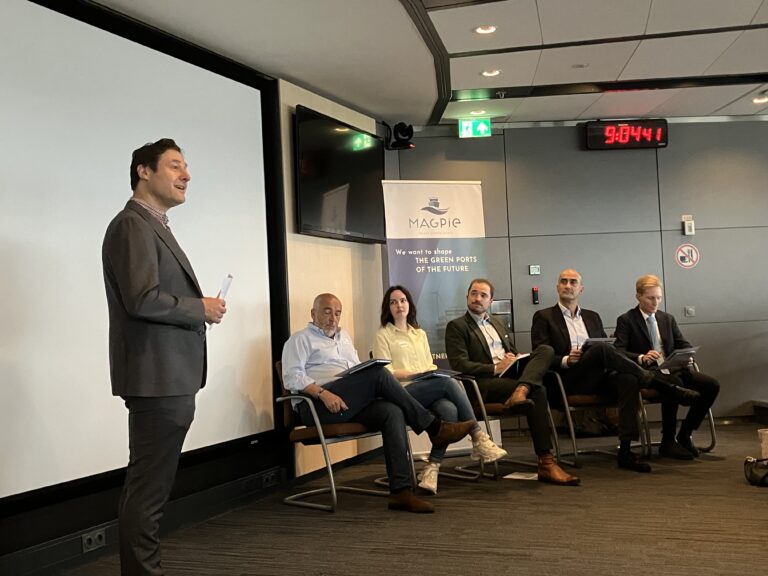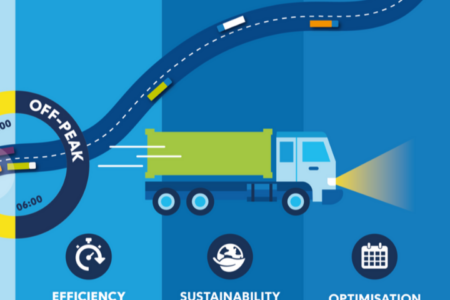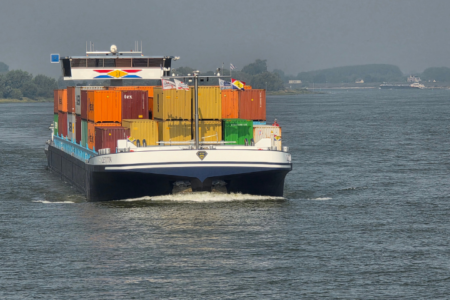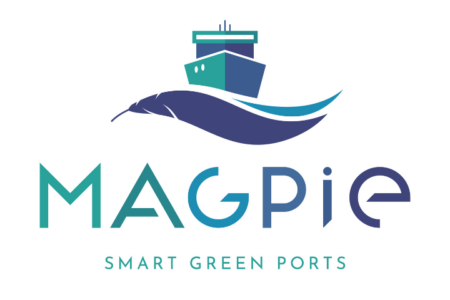
By: Hannah Mosmans, Maaike Dalhuisen, Jurrit Bergsma
As MAGPIE enters its final year, the spotlight turns to one of the project’s most crucial ambitions: ensuring the transferability of innovations. With that in mind, the project is launching a new format of critical discussions, modelled after the Dragon’s Den, where the demos and tooling mostly developed in Rotterdam will be tested for their applicability in other port environments. The first of these sessions will take place on 4 July, with two more to follow: one in September, and a third shortly thereafter and will focus on the tooling developed in MAGPIE.
Rather than traditional presentations, these sessions are designed as structured deep dives, where each demo or tooling is examined from multiple angles. The goal is to better understand what it takes to scale these pilots to other MAGPIE ports, Deltaport, HAROPA (Le Havre), and Sines, and what adjustments might be needed for successful replication.
Why this, why now?
Many of the MAGPIE demos and tooling have now moved beyond early trials. Demos such as the Smart Energy Systems (Demo 2), Ammonia Bunkering (Demo 4), Green Automated Trucking (Demo 9), and Spreading Road Traffic (Demo 10) have reached a mature stage where clear outcomes and implementation experiences are already available. This provides a unique opportunity to reflect on lessons learned in Rotterdam and evaluate their potential for adoption in different port contexts.
By initiating these sessions now, MAGPIE aims to capture the insights while they are still fresh, and use them to shape the final phase of the project. The ambition is not only to demonstrate innovation but to prepare for real-world implementation elsewhere; in environments that may differ economically, geographically, and institutionally.
Framing the conversation
The discussions will be guided by a set of overarching questions that cut across the demos and tooling. These include: What are the minimum requirements for a port to implement a given demo? What types of barriers, such as technical, legal, stakeholder-related or organizational, should be anticipated? How does the local context influence the outcome of a demo or tooling? What does this imply for scaling up, both within the MAGPIE consortium and beyond?
Some of these questions link directly to individual work packages, such as barriers (WP7) and scale-up potential (WP8), while others touch on cross-cutting issues relevant to the entire consortium. By approaching the demos and tooling through these lenses, the sessions aim to surface both demo-specific insights and broader strategic implications for port decarbonization.
How it works in practice
Each session will begin with a one-hour joint introduction for all demo and tooling participants, outlining the goals and structure of the discussions. After that, each demo or tooling will be given a dedicated hour for in-depth analysis, in a setting where feedback from other demo or tooling leaders and stakeholders is welcomed. This format encourages cross-pollination of ideas while keeping the focus on the practical aspects of implementation. Importantly, representatives from all fellow ports, HAROPA, Deltaport, and Sines, will participate in every session. Their presence is critical to assess local conditions, explore opportunities for adoption, and reflect on the broader relevance of each demo.
Looking ahead
The Dragon’s Den sessions are a key step in bridging the gap between demonstration and deployment. They serve as a collective moment of reflection, challenge, and planning, bringing together technical experts, demo leaders, and port authorities to ask not just “did it work?” but “can it work elsewhere, and how?”
By the end of this series, MAGPIE aims to have a clearer picture of which innovations are ready to scale, what barriers must be addressed, and how local conditions shape the path forward. In doing so, the project reinforces its core commitment: delivering scalable, impactful, and transferable solutions to make Europe’s ports cleaner, smarter, and more sustainable.


